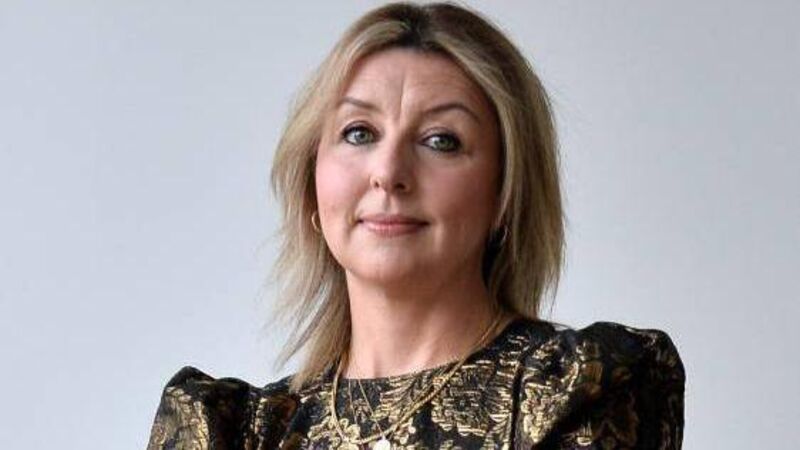Edel Coffey: How I approach my reproductive health has changed because of Vicky Phelan

Edel Coffey. Picture: Ray Ryan
“Mná na hÉireann: this fight was for you.”
What a legacy Vicky Phelan has left. In 2018, Vicky settled a high court action against the American company Clinical Pathology Laboratories Inc, Austin, Texas, who had misread her CervicalCheck smear test of seven years previous, leading ultimately to her terminal diagnosis of cervical cancer. She died on Monday at the age of 48, a heroine and a crusader for truth and change in the Irish healthcare system particularly relating to women’s health. Her words about action, change, and accountability are amongst the most moving I have ever heard, from any orator, political or civilian, past or present, historical or contemporary.









